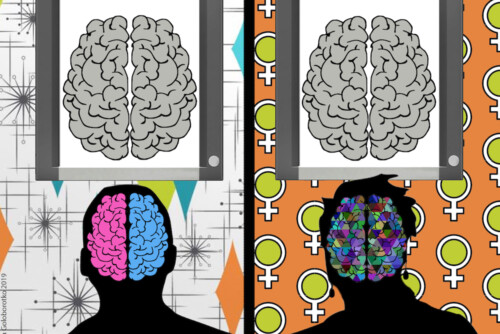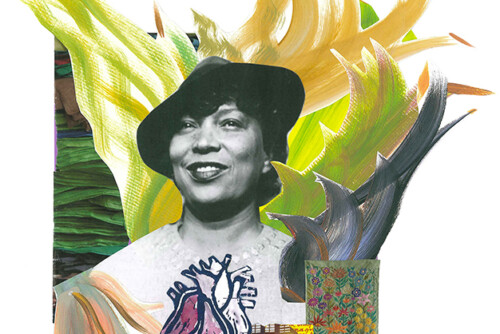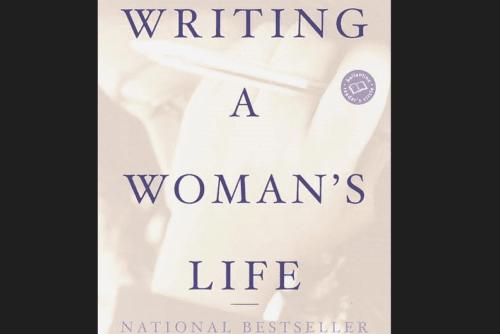Economic justice and queerness, when truly brought together, say that we are connected across love and the deepest forms of self-expression and self-determination and this is a lot, but not enough. It says we are also connected in the ways we support each other. Your wellness, your home, and the homes of your families, however you define them, if you are safe, if you have shoes that don’t hurt your feet, how much you have to eat, and how much your neighbors have to eat, and whether their hunger is making them break into your garage: I care about those things. Showing up for you means those things matter to me as much as honoring the way that you are queer.
Most of us in that space we’ll call “the left” have been organizing and living with crisis-driven movements. We identify the crisis—poverty, housing, the prison system, anti-Arab racism, homophobia, transphobia—and we then think of a way to respond to the problem. Usually we respond by trying to make sure everyone else sees the problem by talking about it, writing about it, and explaining it over and over again. Sometimes we try to change the problem by organizing people in our communities to show up for marches. Sometimes we try to change the problem by organizing people in the legislature to pass bills. Very often we try to change the problem by changing how people think about the problem. And along the way we make great friendships with people, we go to the same parties, we fall in love with each other, and we watch our world become gathered around the crises we want to fix.
This is important work. But many of us have been doing it out of context. We have been organizing separately from the everyday realities of our lives. And this means when uncomfortable things happen, when we don’t know how to show up for each other, when trauma and struggle thrusts itself even more intensely into our daily lives, then our actions stutter or fall apart.
Many of the most successful movements have worked to educate people about the big picture while also finding street-based ways (rural and urban) to make health care, job training, schools, and housing available for folks who didn’t have them. They have held and hold the importance of song, of storytelling, of the wildness of creation. This, I believe, was as much about their success—and their danger to the powers that be—as the smartness and complexity of their theories or how well they were able to understand the struggles in their midst.
Currently, I know of community-based movements—most often falling within communities of color, indigenous and immigrant communities—that operate by these principals. Some of them are even LGBT communities or communities that include and honor LGBT lives. But still, the national imagination of LGBT organizing and movement-building falls on larger narrowly defined issues. We define ourselves by the crises we have to change, rather than by the relationships we seek to honor, the visions we seek to dream, and the communities we seek to strengthen. We focus our work on changing policy and changing ideas rather than creating the infrastructures that actually support us in a day-to-day way.
Such support can have a big political impact, whether it’s coming from the left or the right. There are people in my life, family members, who used to operate from a white, working-class, union-based and Democratic Party set of values and voting records. But the Catholic church down the street provided free child care. I have a cousin who hadn’t been to church since early childhood, but started going regularly because they had after-school programs for her kids, summer camps, a way to get involved in her neighborhood. The longer she was involved, the more she started moving towards a soft-serve Republicanism. As she has said, it’s what we do here, locally, that makes sure our kids are taken care of. Big government doesn’t care about me. And I agree with her. I just can’t provide her with a different kind of local to compete with her local: her (conservative) church.
We’re organizing in a time when the government has been devalued as the body responsible for providing the basics of food, clothing, shelter, education, and the support to gain employment. The right’s campaign to finally bury the skeletal US welfare state has mostly succeeded, and now we have a private sector charged with providing basic needs solely for the purpose of profit. While no one disagrees about the need for housing and job training, the private sector gets to make decisions on who gets the housing and job training and what you need to do to receive them. A lot of people get left out, especially people whose families and experiences don’t match the heterosexual nuclear married family model.
I couldn’t adopt my friend’s family. I can’t adopt yours. And I want to be in a community with you. There are two lines that we have to weave together. One is to recreate or create new collective systems that are unafraid of the idea of public responsibility, so that when I lose my job or my house, there are safety nets to get me through the transition. No matter how much we love each other, it is hard to hold all of it.
But we can hold a lot. We talk about economic justice and LGBT lives without getting involved with our hands—making food, paying attention, getting dirty, taking care of each other’s kids, finding ways to hold each other when we or are families are sick, and not running away when one of us gets annoying or confused or starts to listen to Barry Manilow nonstop. As the rest of the essays in this journal detail, the LGBTQ movement has largely focused on defining “our” issues in narrow ways: focusing on gay marriage as the avenue to legal and civic rights rather than universalizing our health care, our social security, and our child support. When universalizing our focus to make sure that everyone’s basic needs are accounted for, regardless of how people choose to live their lives, and that a sense of public responsibility or common good exists again, we can’t do this from the place of analysis alone. Our movement would be stronger if we focused on the larger, unglamorous but deeply important connections and relationships that mean an interconnected community.
How does this start? Well, there are child-care collectives to make sure we are all taking care of the children—and those children might be the children of queer families or they might be the children of my neighbor because my wellness is about all those I care about being cared for. There are housing collectives, community-based funds, bartering networks, eldercare, community gardens or food shares, transportation cooperatives, and so much more. There is all of this work done with a clear and constantly deepening commitment to racial and economic and queer justice; to understanding together the systems we are struggling against and how those systems are held in our bodies and beliefs. The how-to resources are all over the Web and more are being created every day. But how do we get from here to there?
A lot of time it’s simple: with a phone call. Picking up the phone and calling someone—the guy who used to show up at those meetings but hasn’t been there for awhile, the single parent you ran into at the corner shop who wistfully asked about the planning committee meeting, the friend who uses a wheelchair and can’t easily get to some of the activities that are off a bus route, or the elder who doesn’t seem to be at Pride anymore. Picking up a phone, and without strings attached or assumptions made, just asking if there is anything you can do to help. It’s not the phone call that changes the world—it’s the fact that we become the kind of people who remember, who notice, who pay attention, and who check in. The rest of it—the strategy, the planning, the fighting our asses off for a safety net that truly meets all of us—well, I’ll see you at those meetings in between our child-care shifts.



